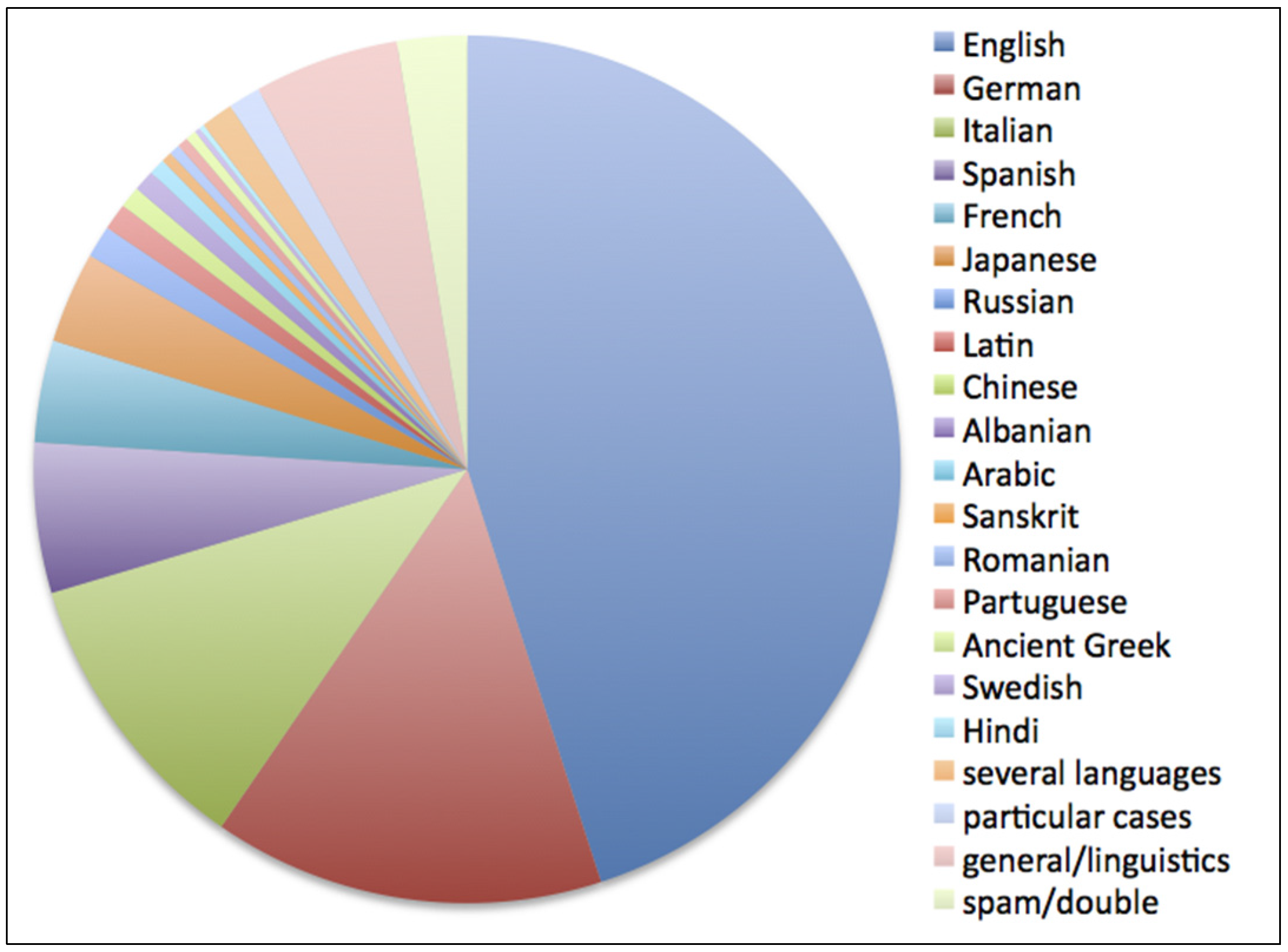What Language Has the Most Words: Unraveling Linguistic Richness
Language is a fascinating aspect of human communication, with thousands of languages spoken worldwide. One intriguing question that arises is: What language has the most words? In this article, we will delve into the realm of linguistics and explore the concept of vocabulary size, investigating various languages known for their extensive lexicons. Join us as we unravel the linguistic richness of different languages across the globe.
1. The Complexity of Measuring Word Count:
Before delving into the languages with the most words, it is essential to understand the complexity of measuring vocabulary size. Determining the exact number of words in a language is a challenging task due to the ever-evolving nature of language, regional dialects, and variations in vocabulary across different domains.

language
2. English:
A Language of Expansive Vocabulary: English is often regarded as a language with an extensive vocabulary. Its vast lexicon can be attributed to its historical development, borrowing words from various sources, including Latin, French, Germanic languages, and more. While it is challenging to determine the exact number of words in English, estimates range from 170,000 to over one million.
3. Mandarin Chinese:
A Rich Linguistic Tradition: Mandarin Chinese, the most widely spoken language globally, is renowned for its rich linguistic tradition. The language boasts a vast number of characters in its writing system, with estimates ranging from 50,000 to 100,000 characters. While the exact count of unique words is difficult to ascertain, the extensive character system contributes to the linguistic richness of Mandarin Chinese.

Chinese
4. German:
A Language of Compound Words: German, known for its compound words, possesses an intricate and nuanced vocabulary. By combining words together to form new terms, German expands its lexicon significantly. It is estimated that the German language consists of over 300,000 words, including compound words and various specialized terms.
5. Russian:
A Language of Expressive Vocabulary: Russian, with its complex grammar and rich literary tradition, is often considered to have an abundant vocabulary. The language encompasses an extensive array of words to express nuanced meanings and emotions. Although precise figures are elusive, estimates suggest that Russian has over 150,000 words, including a wide range of specialized terminology.
6. Sanskrit:
An Ancient Language of Extensive Vocabulary: Sanskrit, an ancient Indo-Aryan language, is renowned for its extensive vocabulary and precise grammatical structure. As a classical language of India, Sanskrit has a vast lexicon, comprising numerous words related to philosophy, religion, and ancient texts. While an exact count is challenging, it is believed that Sanskrit possesses over 170,000 words.
Determining the language with the most words is a complex task, as vocabulary size can be influenced by various factors such as historical development, cultural influences, and linguistic traditions. English, Mandarin Chinese, German, Russian, and Sanskrit are just a few examples of languages renowned for their extensive vocabularies. However, it is important to note that vocabulary size alone does not determine the richness or complexity of a language. Languages are vibrant and dynamic systems of communication, shaped by the diverse cultures and societies in which they evolve. Embracing the diversity and richness of languages worldwide allows us to appreciate the beauty and complexity of human communication.